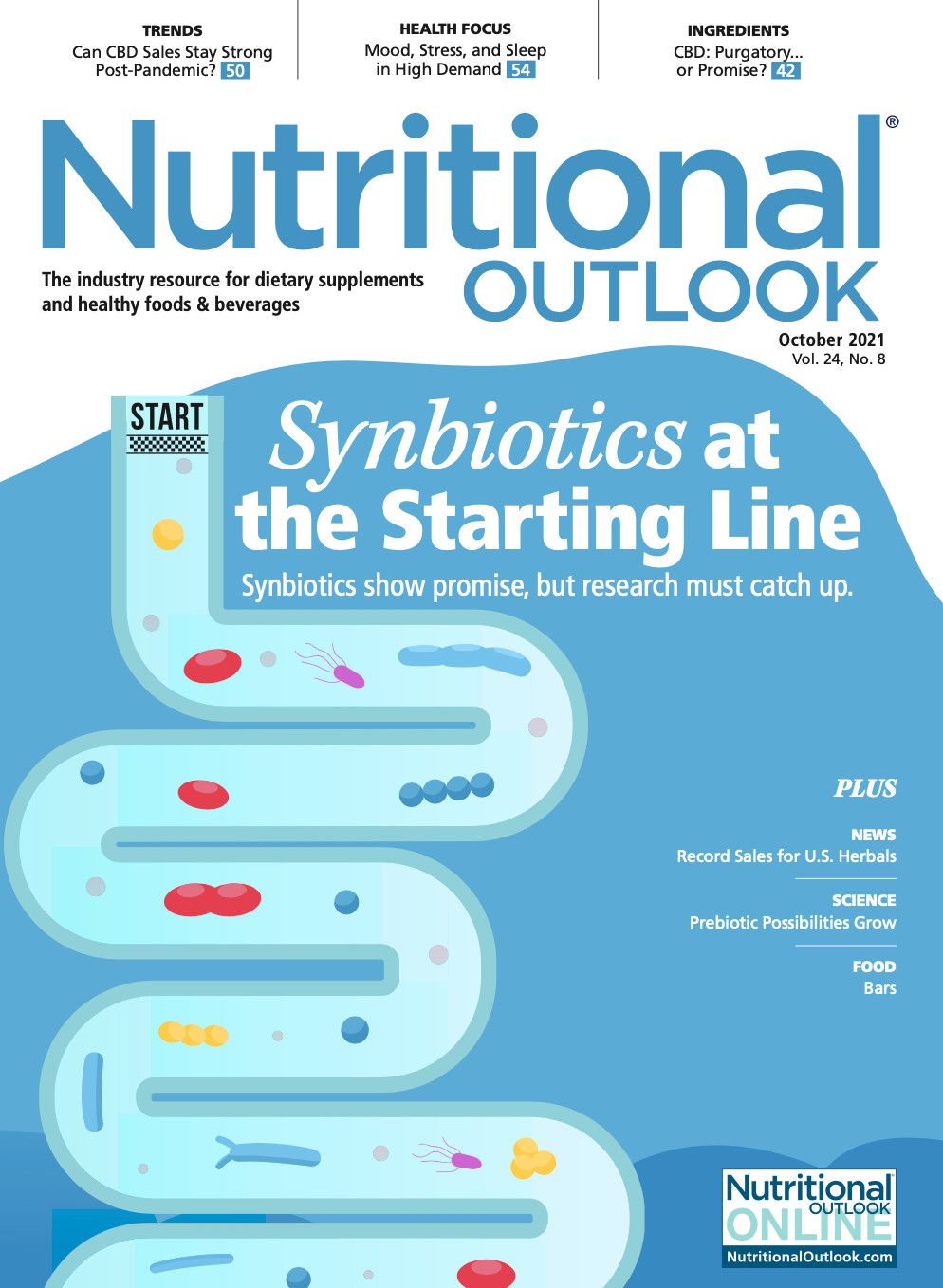Beyond Testing: What to assess when contracting a dietary supplement testing laboratory
How to select a solid testing lab for the long haul of your brand.
Success depends on the right team. The hiring process is one of the most critical decisions a company’s leadership team will make. Likewise, hiring a testing laboratory is much like hiring a team member, because the testing laboratory will be involved in multiple aspects of your business for the life of your products.
Best practices when hiring team members includes conducting multiple interviews to see how they will fit into the company’s culture. Most CEOs and managers probably have quite a few stories about experiencing the wrong hire! Experienced executives would not hire someone based solely on the degrees listed on his or her resume. More important than education is the employee’s ability to perform and be a team player. This same research and vetting process should be practiced when hiring a laboratory. The focus should go beyond which certifications the laboratory has obtained. The laboratory you choose represents your brand and your company. The lab is very much an extension of your product.
Sandra E. Lee

Every business wants its brand, products, and services to be profitable. Success, however, is usually tied-in with quality. For example, the pandemic has caused challenges in the supply chain. Companies have experienced inconsistent raw materials supplies (which can change the finished product), received insufficient information from the manufacturer or supplier when purchasing products, or have struggled to complete jobs correctly and efficiently due to constantly being short-staffed. As part of your company’s team, a testing laboratory should assist in these challenges that manufacturers face today to produce quality products tomorrow.
How can a testing lab help protect your brand long-term—and what “personality traits” should you look for in a lab? No matter the industry, every manufacturer should familiarize itself with the acronym ALCOA1, which stands for:
- Attributable: Know who, what, how, why, and when. Traceability is key.
- Legible: Can be easily read
- Contemporaneous: All actions are recorded as they happen.
- Original: Nothing has been manipulated or tampered with.
- Accurate: All data should be as close to true as possible—complete, consistent, and endurable.
As you read a laboratory’s standard operating procedures, ask yourself: Does the process follow ALCOA? Moreover, does the laboratory document and control any changes? For all actions, does it have a standard procedure in writing? Having “best practices” is great, but those practices also need to be documented so anyone new to the team can follow the same procedure. Standard operating procedures should always be followed. Actions should not be executed without proper procedures.
The challenges stated earlier can impact companies in the long run. Your goal as a company is to minimize as many risks as possible. Clearly, you cannot avoid all risks, but you want to be able to catch mistakes before products go to market. For example, if a company is short-staffed and an employee adds the wrong ingredient or sampled it incorrectly causing microbial contamination, a laboratory should be able to discover and investigate these issues during testing. Further, the laboratory should always start with a good testing method so aberrations can be identified appropriately.
Ask questions about how the laboratory will test your sample. Never assume that the laboratory already has data that supports the specific test method that is appropriate for your sample. Method verifications are important to show that there are no interferences and your results are accurate.
The raw data generated is yours. Going back to review the data should allow you to follow it to completion from A to Z, in chronological order. Can you see every single mistake and the correction without a doubt? Is the same experiment repeatable? Can the same outcome be achieved?
In summary, just as you would never hire off a resume alone without meeting a candidate, so, too, should your testing laboratory be regarded in the same way. Selecting a testing partner should involve more than checking out a website for certifications. Ignoring red flags can be costly, especially when regulations are involved. Keep in mind that the cost of testing is not expensive when compared to the costs of dealing with the FDA or an expensive product liability lawsuit. The right partnership with the right laboratory will support your brand through complex problems and be an asset in the fight for quality in the future, especially as we all face increased risks with issues due to COVID disrupting the supply chain. Your testing lab is very much a part of your team, so it is important to get to know the lab beyond testing.
Sandra Lee is CEO of NJ Labs (New Brunswick, NJ), a nationally recognized provider and advocate for quality in chemistry and microbiology testing that serves the pharmaceutical, nutraceutical, dietary supplement, cosmetic, and cannabis/CBD industries. As a scientist and one of the few female CEOs in the analytical testing industry, she has a passion for chemistry and how it influences multiple aspects of our daily lives. NJ Labs’ team of scientists is continually developing and validating methods for raw materials and finished products testing. NJ Labs is at the unique intersection between servicing dietary supplements and pharmaceutical drugs, which allows it to offer its clients a wide range of comprehensive testing and services. Prior to leading NJ Labs, Lee worked in many scientific roles at both Cardinal Health and Pfizer where she recognized the importance of uncompromising quality through chemistry, not only from the company’s perspective but also from the consumer’s perspective of product safety and public health needs. At NJ Labs, she leads the privately owned FDA- and DEA-inspected facility that has been a mainstay in the testing industry for 85 years with a certified, full-service contract analytical testing laboratory that follows strict current Good Manufacturing Practice (cGMP) regulations and holds ISO/IEC 17025:2017 accreditation. To help clients remain innovative and competitive while still meeting rigorous compliance requirements, Lee continues to expand the expertise of NJ Labs while developing quality systems grounded in transparency, integrity, and expertise. Lee is a graduate of the University of Michigan where she holds a Bachelor of Science degree in Chemistry.
Reference
- U.S. FDA guidance. “Data Integrity and Compliance with Drug cGMP: Questions and Answers: Guidance for Industry." Issued December 2018.

HHS announces restructuring plans to consolidate divisions and downsize workforce
Published: March 27th 2025 | Updated: March 27th 2025According to the announcement, the restructuring will save taxpayers $1.8 billion per year by reducing the workforce by 10,000 full-time employees and consolidating the department’s 28 divisions into 15 new divisions.



























